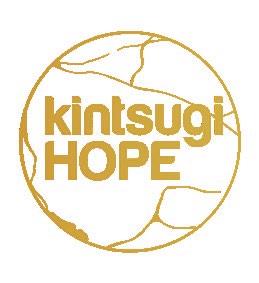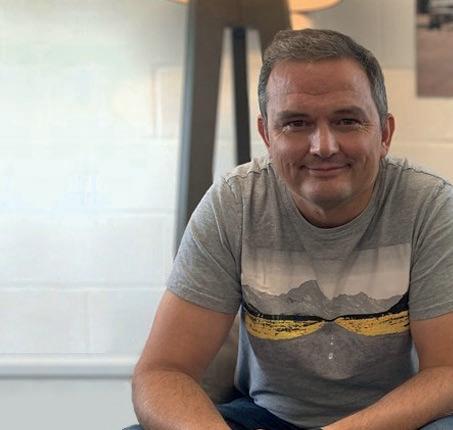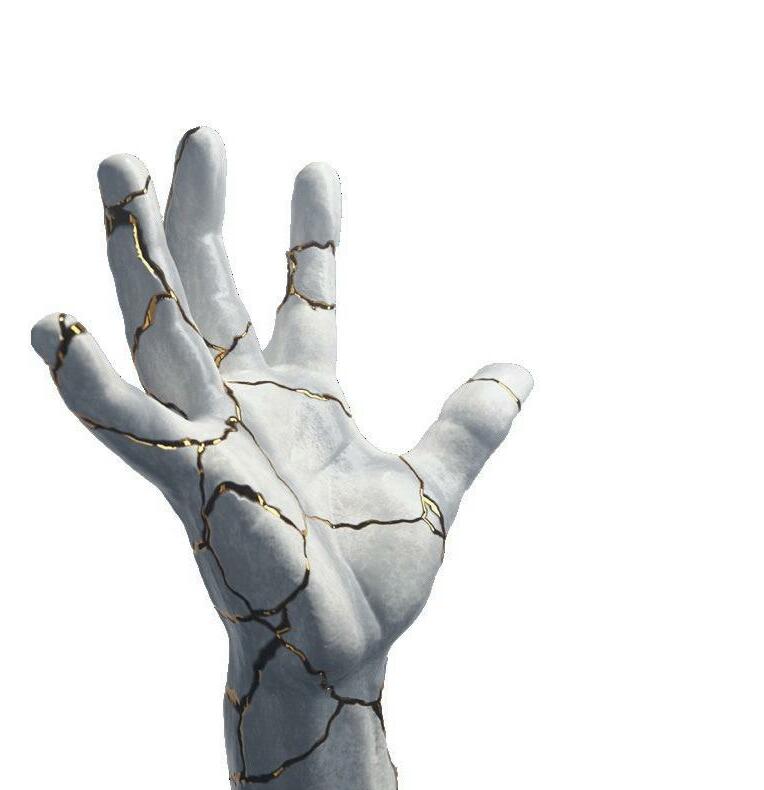
3 minute read
A Kingdom built on vulnerability
BY PATRICK REGAN OBE, MEMBER OF THE SPRING HARVEST PLANNING GROUP AND AUTHOR OF BOUNCING FORWARDS, NOTES ON RESILIENCE, COURAGE, AND CHANGE.

Advertisement
As I sat nervously across from our previous Prime Minister (David Cameron) our conversation had moved onto how to support some of the most vulnerable people in society. I commented “the church is in every community across this country, with all due respect it will outlast Politicians, it is one of the few organisations designed to care for its nonmembers”. The Prime Minister lent back on his chair and said, “very interesting.”
In 2019, The United Nations revealed that a person dies by suicide every 40 seconds, yet governments spend less than 1% of their budgets on mental health care. Lockdowns relating to Covid-19 have created a tsunami of new mental health problems and accelerated existing ones. Research shows that groups most at risk of adverse mental health outcomes during the pandemic include young adults, women, those with pre-existing mental health conditions, those from minority ethnic communities, and people experiencing socio-economic disadvantage. Many of these characteristics overlap. Recent data (April 2021) shows the number of people contacting the NHS seeking help for mental health problems is now at a record high. This year’s Spring Harvest theme Restore, Renew, Rebuild has never been more vital for a nation struggling to come to terms with the pandemic and its effect on our mental health. We must invest in our mental health in the same way it is important to invest in our physical health. As the church we have not always dealt with the issue well.
Over the last ten years we have seen a shift in how the church responds to people struggling with mental health though we still have a long way to go. For me when going through a time of real brokenness the image of Kintsugi beautifully captures what God can do with the broken pieces of our lives. Kintsugi means “golden joinery” in Japanese and is a technique for repairing pottery with seams of gold. This makes the object more beautiful and unique than it was prior to being broken. Making a feature of its scars. Diane and I started Kintsugi Hope and have developed material that enable people to meet and support one another through some of life’s challenges. The 12-week facilitated peer-mentoring groups are designed in partnership with leading experts, looking at key themes including acceptance, perfectionism, anxiety, and depression. These can be delivered in different contexts within the community including churches, coffee shops and homes, as well as prisons and homeless shelters.

Since March 2020 (first UK lockdown), demand has grown by 452% as the Church continued to seek to support their congregations and community’s wellbeing. Kintsugi Hope moved all the Wellbeing Group Leader training and resources online and by the end of September 2021, had trained more than 1,100 Group Leaders. Jesus had a beautiful way of seeing people’s fragility and vulnerability, loving them rather than judging them. He saw the potential of what and who they could become. Every time he embraced a person that others thought was a waste of time, we are shown glimpses of God’s intentions for human beings and a foretaste of the fullness of the kingdom of God. If God is in the restoration business and I want to align my values with his, to do all I can to see his kingdom come to earth now, I need to remember no one – not even me – is a lost cause. God’s kingdom doesn’t mimic the traditional power structures but is built on vulnerability, weakness, grace, and acts of justice and mercy. Through them God’s power is revealed. My prayer into this next season is that the Church will be at the forefront of leading a recovery with a heart of gentleness, compassion, and love for its communities.
FOR MORE INFORMATION ON KINTSUGI HOPE WELLBEING GROUPS SCAN THE QR CODE OR VISIT WWW.KINTSUGIHOPE.COM










